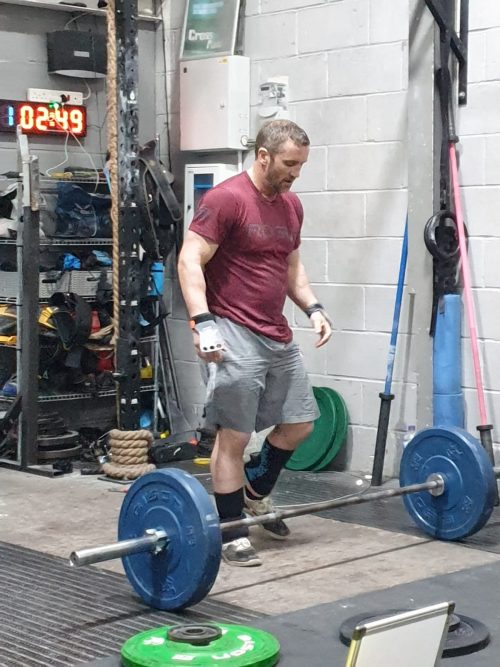Do you need to bulk up for rugby? Are you struggling to gain muscle without a load of body fat too? If so, you are not alone. One of the most common issues facing youth rugby players as they progress is their size. Moving from the junior game to the senior game at all levels, players will experience a big jump in the size of players. Moving up the performance levels is also associated with an increase in the size of players across most playing positions. if this sounds familiar then know that you’re not alone. Here’s our guide to bulking basics for young rugby players.
Why does size matter?
Whether we agree with it or not, size does count in rugby. Since the sport became professional the size of players has increased significantly. Fifteen years ago you could play in the centre weighing 13 stones. Today most scrum half players are heavier than this in top flight rugby! The extent to which it does, varies between playing positions and the level of performance. Why? Quite simply because rugby is collision sport, where extra size helps to win contact scenario’s. It’s the basic physics of momentum. A fast big player will knock back a fast smaller player. Playing positions that experience more collisions will benefit from being bigger. Thais is why those playing the forwards and centres will tend to be bigger athletes. So whilst size is important, being obese is not. A players size must be effective, so extra muscle is preferable to extra body fat.
Don’t ignore the importance of strength / power
We have already established that size is important. However, sumo wrestlers would not necessarily make good rugby players. The rugby athlete needs to be dynamic in order to execute the various skills and tactics associated with the game. Therefore, building muscle is highly desirable than the accumulation of excess body fat. So whilst size and body mass help in contact situations rugby players benefit from being very strong and very powerful. In the pursuit of increased muscle mass players mustn’t lose sight of the need for increased strength and power. Improvements in force production should be the primary focus of any resistance training strategy for aspiring high level rugby players.
How to build muscle mass in rugby players
So we need to build strength and power in order to produce high levels of force when playing the game. We also need to increase muscle size as part of improving strength/power which will help during the contact/collision aspects of the sport. Here are the key ingredients:
- Resistance Training – the specifics of programming are beyond the scope of this blog but completing 2-5 resistance training sessions per week. Employ olympic lifts and / or their derivatives alongside compound movements and accessory lifts that help to strengthen popular sites of injury in rugby. Over time accumulate a high training volume in terms of tonnes moved, as this seems to now be more important than specific sets and rep schemes
- Protein – the building blocks of new muscle, consuming enough protein over the day is important to making sure your training isn’t wasted. As a minimum eating 1g of protein for every kg of your body weight seems to be essential. For those seriously looking to accumulate muscle the evidence and practice of strength athletes seems to suggest 1.5g-2.0g protein per kg of body weight. These higher numbers can be challenging so making sure that you have protein with every meal is important.
- Total calories – if want to be a heavy athlete then you have to eat like a heavier athlete! Building muscle isn’t just about protein. Piling on lean tissue takes energy. Therefore total daily calorie intake becomes a key factor too. How much should you increase calories by? Start with 150 per day and monitor what impact this has on your mass. Going bigger than this may see you accumulate excess body fat too.
Building muscle in young rugby players can be very challenging. In this blog we’ve broken it down to the basics – even doing these well will require concerted effort. Much of the support that we provide our rugby athletes during their one to one strength and conditioning sessions will include helping them manage these variables outside of their training with us. Mass is important for high level rugby, but functional muscle mass is invaluable so make sure you’re smart with your training and nutrition. If you are looking for help to take your rugby to the next level contact us here to see how we can help.
